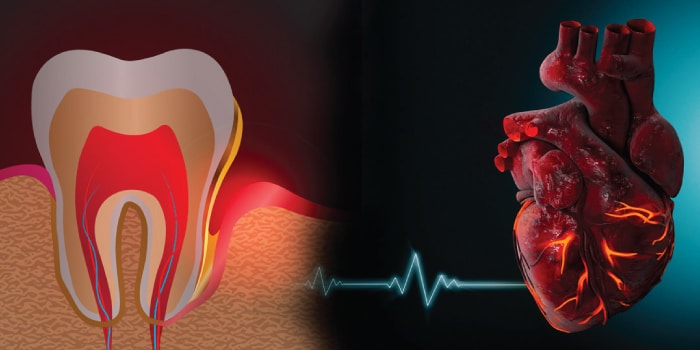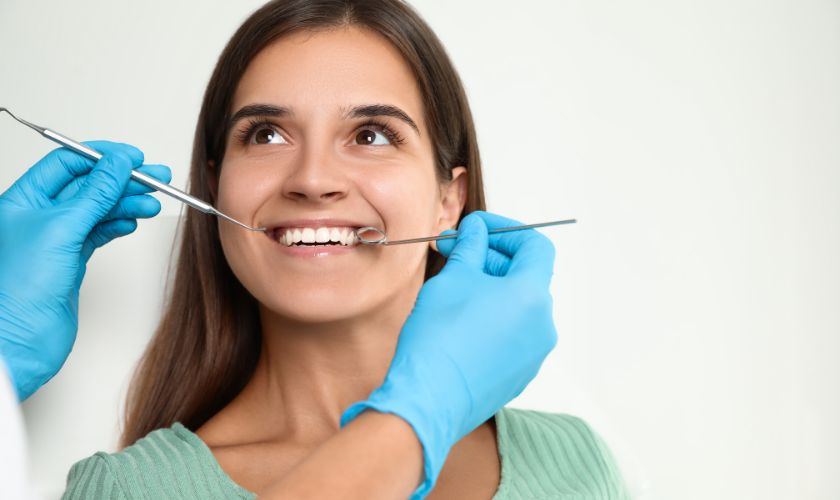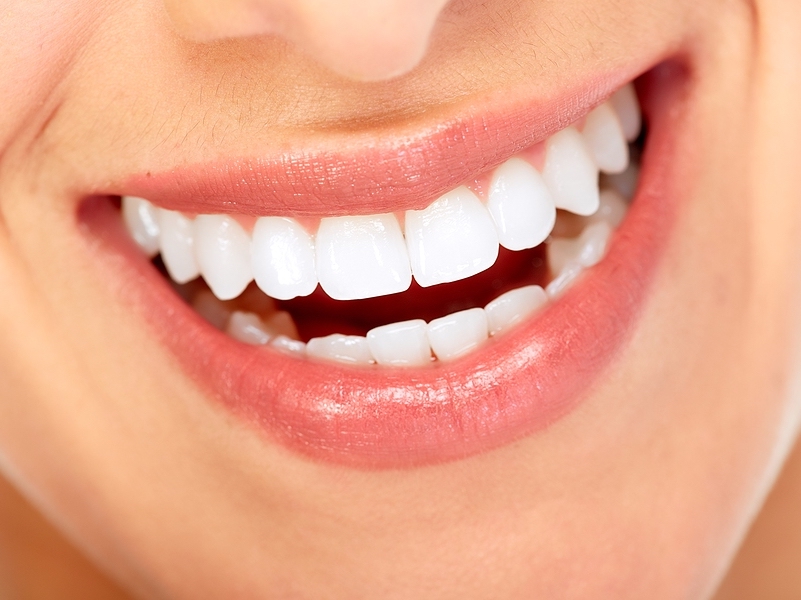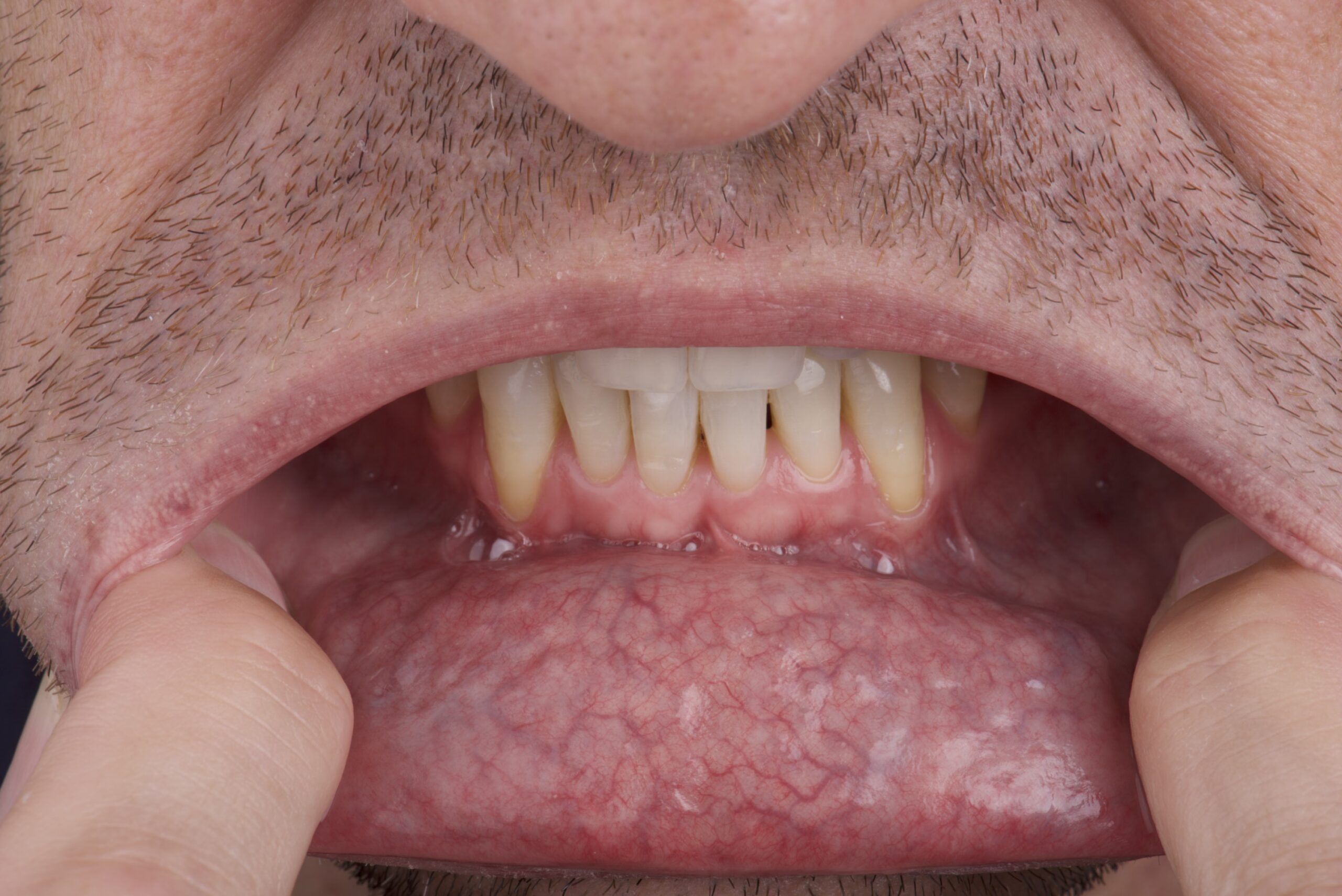The Impact of Smoking on Oral Health
Smoking is a tough habit to kick, and it’s notorious for wreaking havoc on overall health. But did you ever stop to think about what it’s doing to your mouth? The effects of smoking on oral health are profound and can lead to some serious issues that go way beyond yellow teeth.
Anúncios
The Stain Game of Smoking
Let’s start with the obvious: stains. Tar and nicotine in cigarettes are not just harmful; they are also very effective at staining teeth. Over time, smokers may notice their teeth taking on a yellow or even brownish hue. It’s not just a cosmetic problem, though. These stains can be stubborn, deeply set, and can make you feel self-conscious about your smile.
Anúncios
Smoking: Gum Disease and Beyond
Smoking doesn’t just discolour your teeth; it also messes with your gums. The chemicals in smoke interfere with the function of gum tissue cells, making smokers more susceptible to infections like periodontal disease. This kind of gum disease doesn’t just cause swelling and bleeding. In severe cases, it can lead to the deterioration of the tissue that supports your teeth and might even result in tooth loss.
The Big C
Perhaps the most alarming concern is the increased risk of mouth cancer. Smoking is a major risk factor for this devastating disease, which can affect the lips, tongue, throat, or any part of the mouth. Early signs might include sores, lumps, or long-lasting pain in the mouth. It’s a grim reality that oral cancer has a higher death rate than many other cancers, mainly because it’s often detected late.
Anúncios
What About Healing?
If you’re a smoker and you’ve had oral surgery, or if you’re planning to get dental implants, here’s something else to consider: smoking significantly slows down healing in the mouth. It reduces blood flow, depriving the surgical site of the oxygen and nutrients it needs to heal properly. This can lead to complications, longer recovery times, and even failure of dental implants.
Kicking the Habit
So, what can you do about it? The best step is to quit smoking. Easier said than done, we know, but the benefits for your oral health are worth the effort. Quitting smoking can gradually decrease your risk of gum disease, improve your oral health, and, most importantly, significantly lower your risk of developing oral cancer.
Seeing the Dentist
When you’re ready to turn a new leaf, visiting a dentist should be high on your list. Regular dental check-ups can catch early signs of damage caused by smoking, from minor gum disease to more serious conditions like precancerous changes. A dentist can also offer professional cleaning to tackle those tough stains and help restore your teeth’s natural colour.
Quit Smoking: Support Systems and Tools
Quitting smoking is a challenge, but you don’t have to face it alone. Many tools and resources are available to help you on your journey. Nicotine patches, gum, and even prescription medications can help manage withdrawal symptoms and cravings. Support groups and apps designed to help smokers quit can also provide encouragement and tips to keep you on track.
Long-Term Benefits
The benefits of quitting smoking extend beyond oral health. You’ll also enjoy a lower risk of lung cancer, heart disease, and a myriad of other health issues associated with smoking. Plus, your overall quality of life can improve, with increased lung capacity and better circulation.
Taking Action
If you’re ready to quit smoking, start by setting a quit date. Prepare yourself by removing cigarettes, lighters, and ashtrays from your home and car. Let your friends and family know about your decision; their support can make a big difference. Finally, consult with your doctor or a quit-smoking advisor who can guide you through the process and increase your chances of success.
Moreover, tackling the smoking habit can instil a sense of accomplishment and empowerment. Once you start seeing the positive changes in your oral health and overall wellbeing, it can motivate you to maintain other healthy habits as well. The ripple effect of such a significant lifestyle change can improve not just your physical health, but also your mental and emotional resilience.
The impact of smoking on oral health is serious, but it’s never too late to take action. Whether you’re a lifelong smoker or someone considering their first cigarette, think about the health of your mouth. Your smile is one of your most valuable assets, and keeping it healthy means keeping those cigarettes at bay. Ready to quit? Talk to your dentist or doctor about strategies to kick the habit for good. Your mouth (and your body) will thank you.




